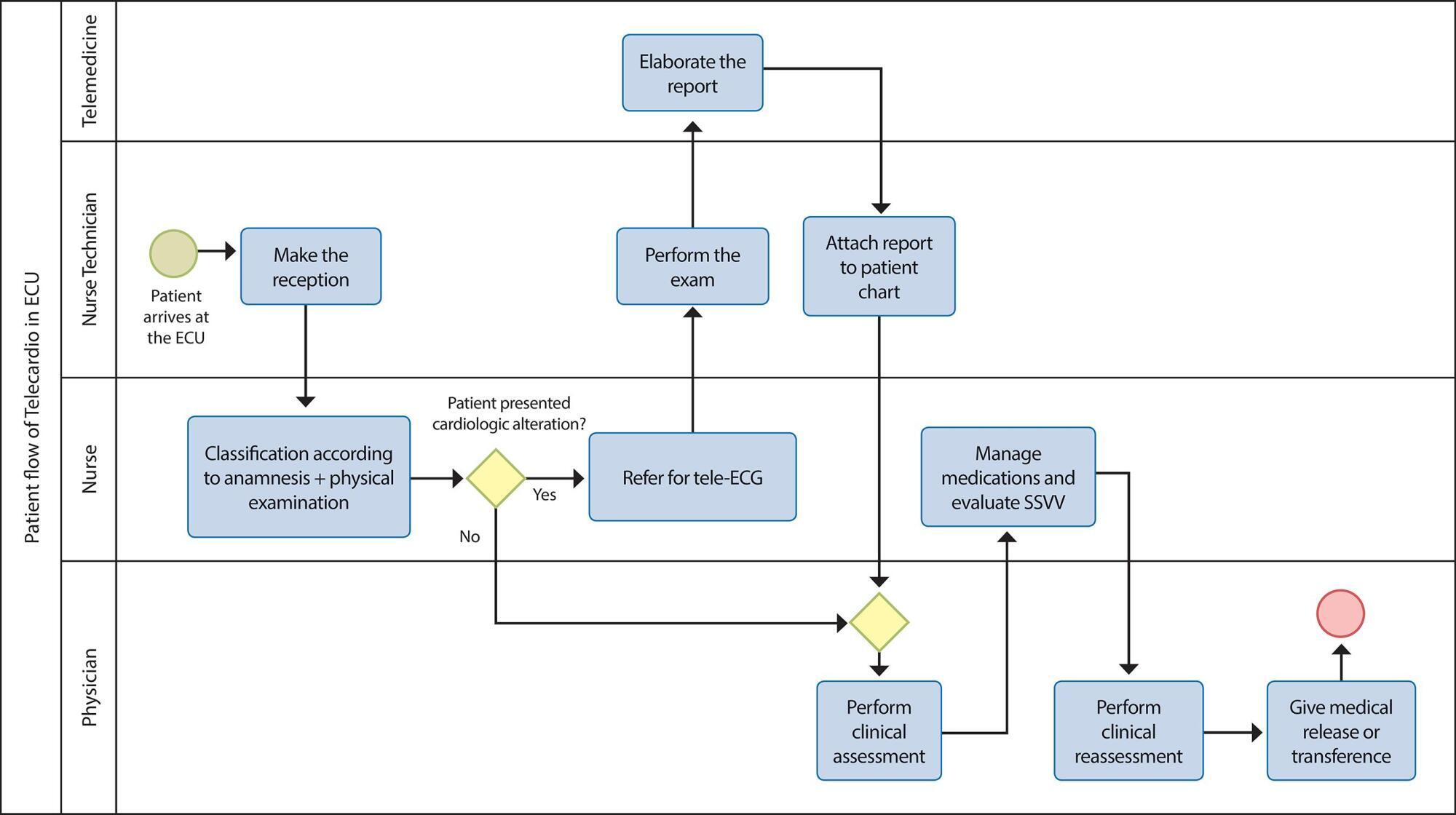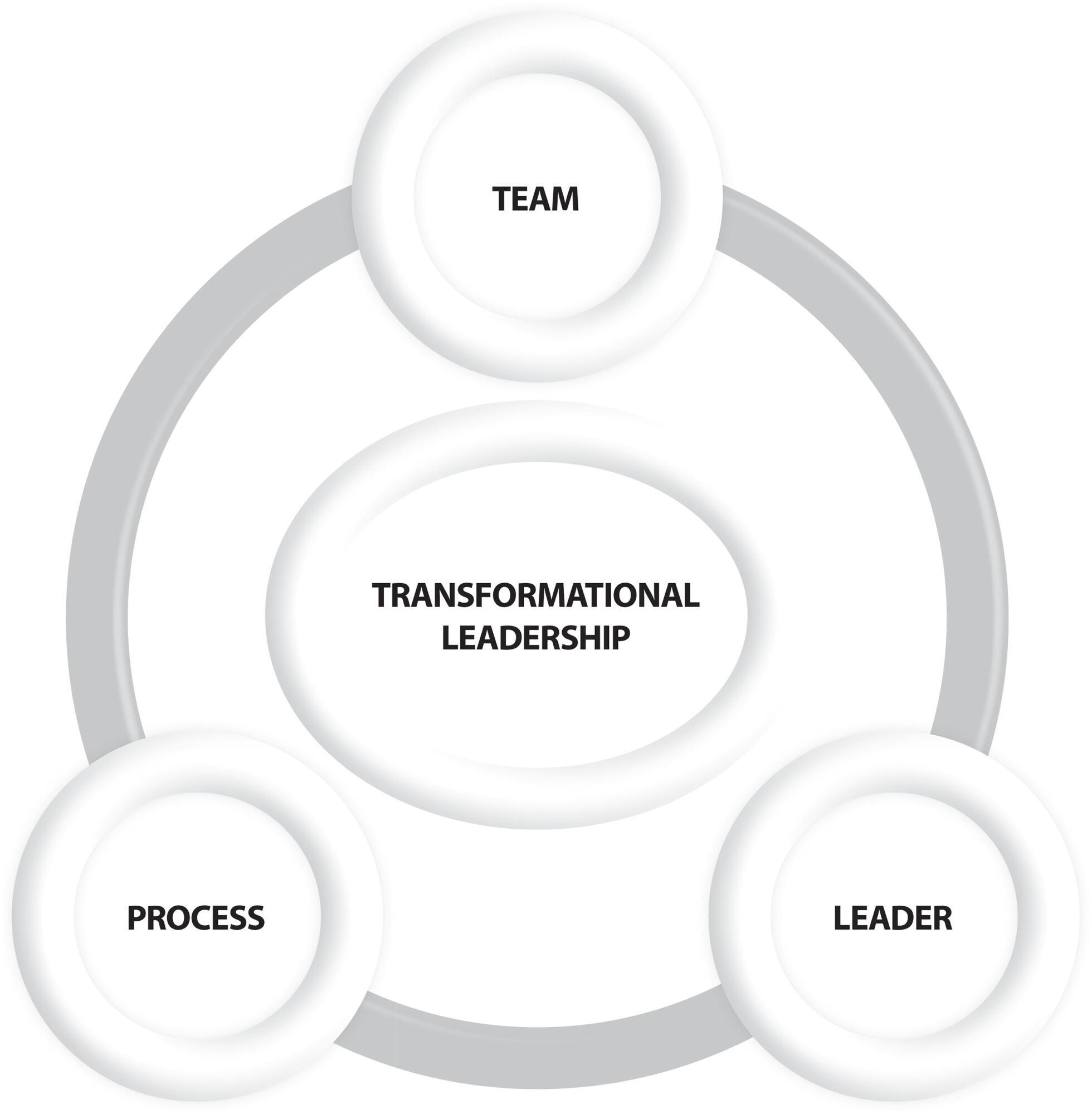-
Learning needs of Nursing students in technical vocational education
Revista Brasileira de Enfermagem. 2015;68(1):20-25
01-01-2015
Abstract
Learning needs of Nursing students in technical vocational education
Revista Brasileira de Enfermagem. 2015;68(1):20-25
01-01-2015DOI 10.1590/0034-7167.2015680103i
Views0See moreObjective:
identify learning needs of students of Technical Vocational Education (TVE) in Nursing. Qualitative study conducted in a city of São Paulo state.
Method:
the subjects were students, teachers and coordinators of TVE and students of the bachelor degree who have had contact with TVE. Data collection was performed by questionnaire socioeconomic and cultural circles about the learning needs. For data analysis we used the content analysis.
Results:
it was found that students have difficulties contents not related to nursing as portuguese and mathematics, as well as introductory courses in the course of TVE which possibly may interfere negatively in learning specific content of nursing and the quality of health care.
Conclusion:
it is necessary to rethink the content taught and ways to teach from basic education, as well as the training of teachers who now works in the TVE.
-
Serious game e-Baby: nursing students’ perception on learning about preterm newborn clinical assessment
Revista Brasileira de Enfermagem. 2015;68(1):13-19
01-01-2015
Abstract
Serious game e-Baby: nursing students’ perception on learning about preterm newborn clinical assessment
Revista Brasileira de Enfermagem. 2015;68(1):13-19
01-01-2015DOI 10.1590/0034-7167.2015680102i
Views0See moreObjective:
to evaluate students opinion regarding e-Baby educational technology.
Methodology:
exploratory descriptive study in which participated a sample composed of 14 nursing Portuguese students that used e-Baby digital educational technology in an extracurricular course. To achieve the aim of the study, the data collection was realized through an opinion instrument in Likert scale including the possibility of commentaries by students. Is was also collected data of participants’ characterization.
Results:
students made very satisfactory evaluations regarding the game e-Baby, varying since usability acceptation through suggestions of expansion of the game to other nursing themes.
Conclusion:
serious game e-Baby can be considered a didactic innovation and motivator tool of learning. Besides, it demonstrates have adequate interface in design and educative function aspects, evocating intense interaction between user and computational tool.

-
EDITORIAL
Challenges beyond the scientific knowledge production
Revista Brasileira de Enfermagem. 2015;68(1):7-8
01-01-2015
Abstract
EDITORIALChallenges beyond the scientific knowledge production
Revista Brasileira de Enfermagem. 2015;68(1):7-8
01-01-2015DOI 10.1590/0034-7167.2015680101p
Views0For several decades, innumerous appeals and reflections on how to build the nursing science and achieve visibility in the scientific world led researchers to make efforts to produce knowledge that contributed to the well-being of people, improving their quality of life, relieving their suffering and transforming the reality in which we live. In addition to […]See more
-
REVIEW
Palliative care in Primary Health Care: an integrative literature review
Revista Brasileira de Enfermagem. 2022;75(1):e20201335
09-29-2022
Abstract
REVIEWPalliative care in Primary Health Care: an integrative literature review
Revista Brasileira de Enfermagem. 2022;75(1):e20201335
09-29-2022DOI 10.1590/0034-7167-2020-1335
Views0See moreABSTRACT
Objectives:
to analyze scientific evidence on the implementation and performance of palliative care in Primary Health Care.
Methods:
an integrative literature review, according to the Preferred Reporting Items for Systematic Reviews and Meta-Analyses, carried out in the PubMed, SciVerse Scopus and LILACS databases, in December 2020, without a time frame.
Results:
22 original scientific articles were analyzed, 14 classified as evidence level VI. The objective was to understand the experiences and roles of professionals, patients and families on palliative care in Primary Health Care, articles focused on the theme of management and organization of health services and on the importance of educational interventions on the subject.
Final Considerations:
evidence found relating palliative care in Primary Health Care points to the possibility of this care; health teams work closely with the family and their home, but the need to expand this theme is still perceived.

-
ORIGINAL ARTICLE
Preconception health behaviors among women with planned pregnancies
Revista Brasileira de Enfermagem. 2019;72:17-24
12-13-2019
Abstract
ORIGINAL ARTICLEPreconception health behaviors among women with planned pregnancies
Revista Brasileira de Enfermagem. 2019;72:17-24
12-13-2019DOI 10.1590/0034-7167-2017-0620
Views0See moreABSTRACT
Objective:
To identify determinants of preconception preparation among women with planned pregnancies.
Method:
A cross-sectional study with a probabilistic sample of 264 women between 18 and 49 years of age who had or were undergoing planned pregnancies, and were users of two School Health Centers in the city of São Paulo. Analysis was conducted through univariate and multiple logistic regression of three variable blocks: 1) social and demographic characteristics; 2) sexual and reproductive characteristics; 3) preexisting health conditions.
Results:
Women with higher education, belonging to economic groups A and B, and older women with infertility were more likely to perform preconception training.
Conclusion:
Preconception care has a strong social determination, as women with more favorable social profiles are more likely to perform it. Experience with infertility is also instrumental in the likelihood of preconception care.
-
ORIGINAL ARTICLE
Evaluation of nurse’s performance in telemedicine
Revista Brasileira de Enfermagem. 2019;72(4):933-939
08-19-2019
Abstract
ORIGINAL ARTICLEEvaluation of nurse’s performance in telemedicine
Revista Brasileira de Enfermagem. 2019;72(4):933-939
08-19-2019DOI 10.1590/0034-7167-2018-0313
Views0ABSTRACT
Objective:
Describe the nurse’s role in the Telemedicine Program in Cardiology implanted in Pernambuco, Brazil.
Methods:
Qualitative study, with a target audience of nurses, performed between July and December 2016 at the Emergency Care Units. Data were collected through an online instrument, consisting of open and closed questions, performed with 19 professionals. The data were analyzed through the discourse of the collective subject by QuantiQualisoftware.
Results:
The sample consisted of 19 nurses, mostly female (80%), with a mean age of 30 years old. Two central ideas were constructed: nurses’ knowledge about the Telemedicine Program in Cardiology; and actions developed by nurses. Also, a flow of the program’s assistance was built.
Final considerations:
The nurse in Telecardiology performs functions of assistance and continuing education of monitoring and training for patients.
Keywords:Cardiovascular Diagnostic TechniquesCardiovascular DiseasesNursing CareNursing InformaticsTelemedicineSee more
-
ORIGINAL ARTICLE
Transformational leadership: journal club for emergency and intensive care nurse managers
Revista Brasileira de Enfermagem. 2020;73(3):e20180504
04-03-2020
Abstract
ORIGINAL ARTICLETransformational leadership: journal club for emergency and intensive care nurse managers
Revista Brasileira de Enfermagem. 2020;73(3):e20180504
04-03-2020DOI 10.1590/0034-7167-2018-0504
Views0See moreABSTRACT
Objectives:
to understand the meaning of transformational leadership and develop an educational intervention addressing this theme.
Methods:
content analysis and action research for the collective construction of an educational intervention addressing management practices and their association with transformational leadership. The setting was the emergency and intensive care network, and nine nurse managers participated in the research. Data was collected from recorded and individualized interviews, and by using the journal club strategy.
Results:
the unveiled themes were: factors related to the team, to the leadership processes and to the leader. Difficulties in decision-making and planning processes were revealed; the leader needs to work in teams, which in turn should be appropriately sized. The journal club and planning model used provided the praxis of this work.
Final Considerations:
reflection and training for the development of transformational leadership were fundamental to solidify the decision-making processes involved in the managers’ practice.

-
Clinical and epidemiological features of tuberculosis in children and adolescents
Revista Brasileira de Enfermagem. 2019;72(5):1271-1278
09-16-2019
Abstract
Clinical and epidemiological features of tuberculosis in children and adolescents
Revista Brasileira de Enfermagem. 2019;72(5):1271-1278
09-16-2019DOI 10.1590/0034-7167-2018-0172
Views0See moreABSTRACT
Objective:
To analyze the clinical and epidemiological features of tuberculosis in children and adolescents in an infectious diseases reference hospital.
Method:
A documental and retrospective study was carried out with 88 medical files in an infectious diseases reference hospital in the state of Ceará. Data were analyzed by univariate, bivariate and multivariate approaches.
Results:
It was found that, depending on the tuberculosis type, its manifestations may vary. The logistic regression model considered only pulmonary tuberculosis due to a number of observations and included female sex (95% CI: 1.4-16.3), weight loss (95% CI: 1.8-26.3), bacilloscopic screening (95% CI: 1.5-16.6) and sputum collected (95% CI: 1.4-19.4) as possible predictors.
Conclusions:
Children and adolescents present different manifestations of the disease depending on the tuberculosis type that affects them. Knowing the most common features of each condition could enhance early diagnosis and, consequently, result in adequate treatment and care.
-
ORIGINAL ARTICLE
Family functionality and burden of family caregivers of users with mental disorders
Revista Brasileira de Enfermagem. 2021;74(5):e20201061
08-30-2021
Abstract
ORIGINAL ARTICLEFamily functionality and burden of family caregivers of users with mental disorders
Revista Brasileira de Enfermagem. 2021;74(5):e20201061
08-30-2021DOI 10.1590/0034-7167-2020-1061
Views0See moreABSTRACT
Objective:
to verify the difference of mean or median in the scores of family functionality and burden of family caregivers of people with mental disorders.
Methods:
cross-sectional study carried out in a Psychosocial Care Center with 61 family caregivers. Instruments were used for sociodemographic characterization, care process, Family Apgar Index and Family Burden Interview Schedule. Mean/median difference tests were adopted.
Results:
women with mental disorders and the presence of children in the home decreased the median of the family Apgar score. Difficulty in the relationship between caregiver/user, nervousness/tension, physical aggression and agitation of patients increased the global average of subjective burden.
Conclusions:
nursing interventions to reduce burden and promote family functionality should prioritize caregivers of women with mental disorders, assist them in managing troublesome behaviors and raising awareness of family nucleus to co-responsibility for caring for sick people, especially in families with children who demand daily care.
Search
Search in:
Nuvem de Tags
Aged (144) Atenção Primária à Saúde (239) COVID-19 (104) Cuidados de Enfermagem (269) Educação em Enfermagem (151) Educação em Saúde (139) Enfermagem (930) Estudos de Validação (131) Health Education (144) Idoso (208) Mental Health (149) Nursing (987) Nursing Care (306) Patient Safety (151) Primary Health Care (284) Qualidade de Vida (104) Quality of Life (106) Saúde Mental (145) Segurança do Paciente (150) Validation Studies (108)




